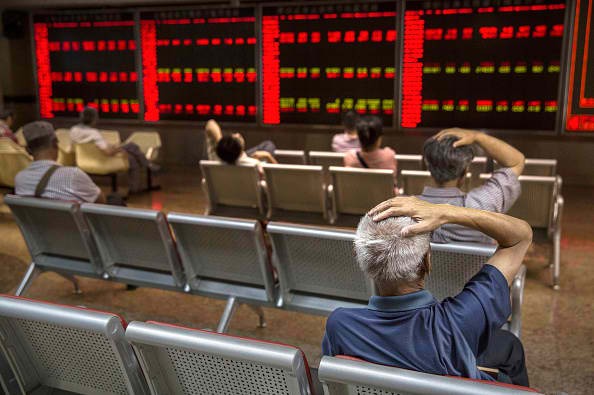China remains bent on controlling capital outflows over fears that the yuan might lose further grip on stability since its sudden devaluation in Aug. 2015--a factor that runs at odds with the country’s current effort to open the economy to further inbound foreign investment.
Openly declaring an investment climate conducive to foreigners, China is capitalizing on its status as the world's second-largest economy, with its rich domestic capital markets proving to be a draw. Nonetheless, limited domestic participation by foreign investors continue to serve as a limiting factor.
China continues to give doubts on whether foreigners stand a chance against their domestic counterparts, given the priority to state-owned enterprises and foreign ownership restrictions. The continuing obsession of Chinese officials against a financial crisis, in that sense, curtail the potential of foreign investment.
Curbing outflows stands as a practical move to keep the yuan stable, what with the crash threatened by the Aug. 2015 conundrum. Its recovery to about one percent this year has been due to the lessening of outflows, with foreign exchange reserves falling the least since July last year, Bloomberg reported.
Despite outflows being encouraged that way, China treads on the possibility of further missing out on the best foreign investment opportunities the world offers. Compromising on the desire to keep cash from fleeing home can draw investments from mature institutions and the best financial know-how.
Such, of course, would aid China in its quest to develop its domestic capital markets for more investment opportunities, including hedging and more onshore mergers and acquisitions--factors that enable foreign investment to offset the trend of capital outflows, which are invested on overseas markets.
Luckily for China, inbound foreign investment continues at a satisfactory rate for now, but its contribution to stabilizing capital movement in the country continues to be limited, unless the conservative fixation for yuan stability meets further adjustments to accommodate greater investment prospects.



























